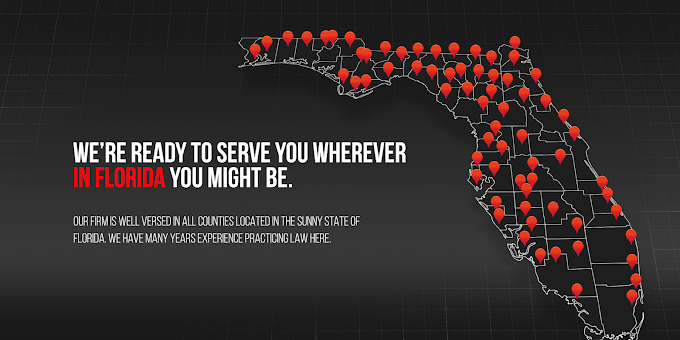






Navigating the process of having a criminal conviction expunged in Florida requires a clear understanding of the state's expungement requirements. As of 2024, Florida expungement requirements have been updated to ensure a streamlined process.
Clearing a criminal record in Florida is like embarking on a journey through a maze of legal intricacies. It's a tricky road that can make people feel confused and unsure. However, amid these challenges lies the promise of a fresh start, a chance to rewrite one's narrative free from the shadows of the past. Let's explore more deeply.
Now, let’s understand the qualifications for expungements in Florida; it is pivotal for those seeking a clean slate. Here are the key criteria to be considered:

For more detailed information, refer to the official websites of the Florida Department of Law Enforcement (FDLE) and the Florida Courts. By following these qualifications and seeking proper guidance, individuals can pursue a clean record effectively and responsibly.
While Florida provides avenues for expunging certain criminal records, there are notable exceptions and limitations. Understanding which crimes are not expungeable is crucial for individuals navigating the legal landscape.

Here's a comprehensive overview:
Certain crimes may bar expungement, but exploring legal alternatives and rehabilitation programs can still offer pathways for progress. Understanding the limits of expungement enables individuals to make informed decisions within Florida's legal system.
To know more about which felonies can be expunged in Florida, read this article.

Obtaining legal assistance for your expungement process is vital to navigate the intricacies of the legal system. Here's a guide on how to seek legal assistance for your expungement:
Step 1. Research Experienced Lawyers: Start by researching experienced expungement lawyers in your area.
Step 2. Schedule Consultations: Arrange initial consultations with potential lawyers to discuss your case.
Step 3. Ask Relevant Questions: Inquire about their experience, success rate, and understanding of Florida expungement laws.
Step 4. Evaluate Communication: Assess their communication style, responsiveness, and professionalism during the consultation.
Step 5. Discuss Legal Fees: Be transparent about your budget and discuss the lawyer's fee structure and payment arrangements. Read more about total cost and fees for expungement in Florida here.
Step 6. Review Engagement Agreement: Carefully review the engagement agreement provided by the lawyer before signing.
Step 7. Provide Necessary Documentation: Collaborate closely with your lawyer to gather all required documentation for the expungement process.
Step 8. Maintain Open Communication: Keep the lines of communication open with your lawyer and actively participate in your case.
Step 9. Follow Legal Guidance: Adhere to the legal guidance provided by your lawyer throughout the expungement process.
Step 10. Ensure Active Participation: Actively engage in your case to ensure a smooth and successful expungement journey.
As you might need, here is the Application Process for Expungement in Florida (2024 Updated)
Navigating Florida's expungement process can overwhelm those unfamiliar with legal procedures. Hiring a skilled Florida expungement lawyer can ease this burden and enhance success prospects. Here's why legal representation is vital:
What’s more interesting? Hiring a highly-skilled expungement lawyer can save you a significant amount of time. In fact, it only takes 5-7 months to expunge a criminal case in Florida if handled by EraseTheCase.
For personalized guidance and expert assistance, contact ErasetheCase, your trusted ally in the expungement journey.

























